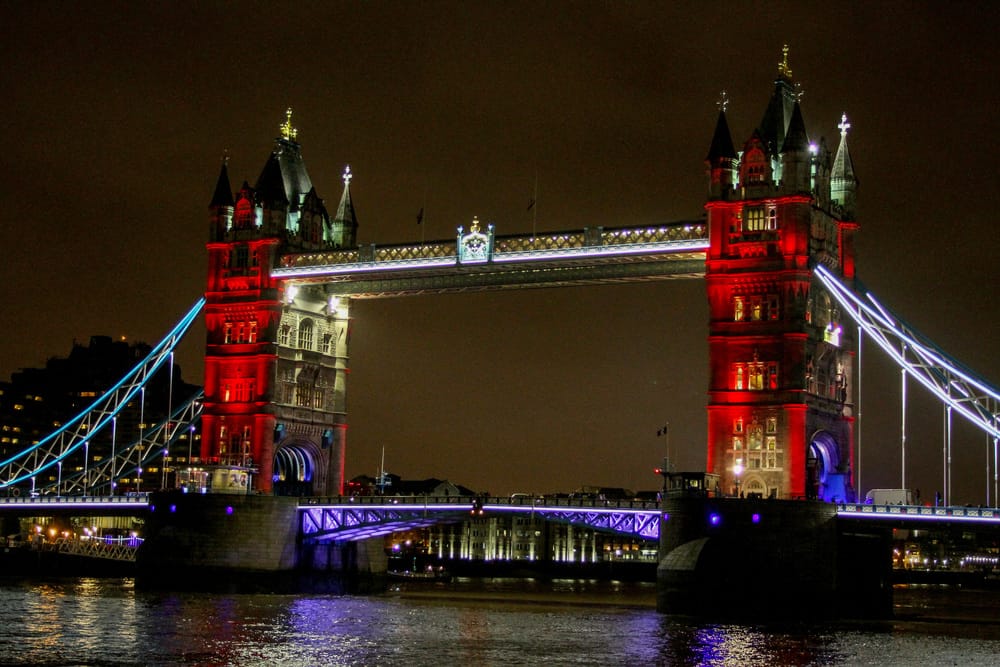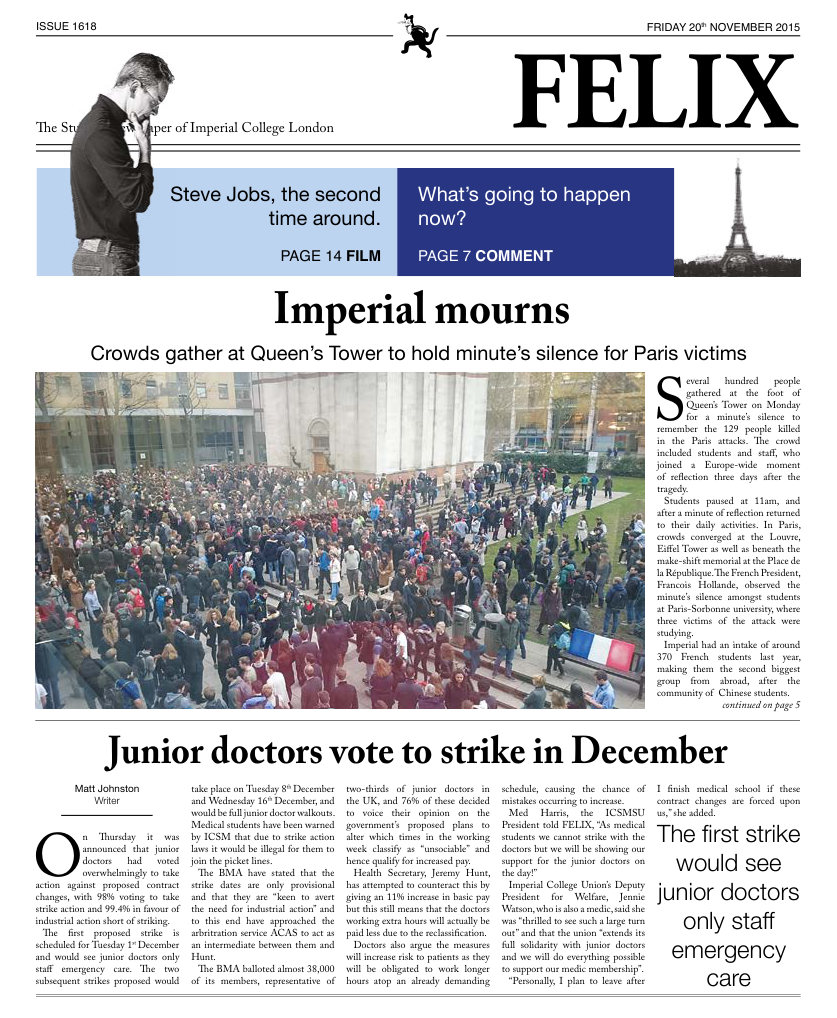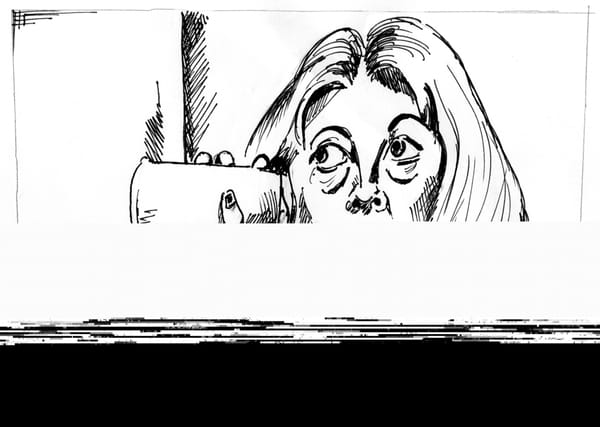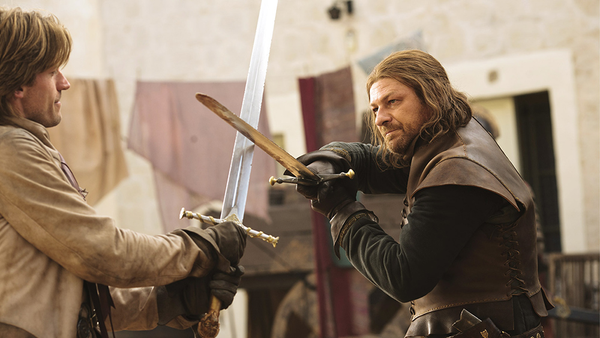France must change
One French student says the divisions to blame are ingrained

As a French national, the events of the 13th of November in Paris were a dagger through my heart. It capped off a tragic year for our country. The Charlie Hebdo January attacks came as a shock, but the stabbing of three soldiers in February followed by the attacks of last Friday have exposed the serious political crisis within our nation.
With the rise of Islamist radicals in the world, it pains me to say that these catastrophes on our soil were inevitable. The middle-eastern wars since the beginning of this century have fed extremism, but I believe the specific threat to France stems from the accumulation of our political frailties. I will explain myself.
Some do not feel welcome in our country
In the 19th and 20th century, France was a colonialist power, notably ‘possessing’ territories in North Africa. The end of the violent Algerian War of Independence in 1962 marked the end of this era, leading to mass immigration (notably Muslims) to France. It brought diversity and new talent to the country, but it also enhanced inequalities in major cities. Gradually, a ‘stereotypical’ picture was being drawn as some of the immigrants from ex-colonies were being segregated into poorer districts (it is very important to clarify that many immigrants integrated very well and succeeded). As a consequence, as years have gone by, the economic alienation of some of these populations, blended with the discriminatory mind-set towards them instilled since the colonial period, have swirled France into an unwanted cultural segregation.
This has posed modern-day issues regarding the integration of some of the Muslims from these tougher areas, who are born in our country, and descend from immigrant families. How can they be patriotic when they are sometimes discriminated against, and have the feeling that the government is not helping them escape their impoverished circumstances?
In 2004, a law in our country was adopted that prohibits any form of visible religious signs in public schools. Hence, women cannot wear the headscarf in an academic environment. Before the 1980s, there was no such debate in France; the Kippah, for example, could be worn in schools without a problem until then. However, the emergence of a large community of Muslims led to this law being voted. This clearly is a stigmatisation towards this community, and a political contradiction to the “open-mindedness towards religion” stated in our 1958 Constitution. Therefore, some of them do not feel welcomed in our country.
The lack of effort from the government to dampen this identity crisis clearly feeds the potential for extremism. Indeed, some psychologically vulnerable Muslims are more likely to be radicalisation targets of Islamist groups.
That is why I think last Friday’s attacks show the necessity for France to change. The fact that a lot of the terrorists guilty of the 2015 atrocities are French nationals shows this identity frailty within our nation. We must adapt and fight to create unity and respect between our different cultures. It is true that we need to react abroad to counter the ISIS threat, but there is also a philosophical battle within our borders. How do we promote the integration of these vulnerable Muslims, and inhibit the rise of French-born terrorists?
I believe France must change its education system: we must allow religious signs in schools, and therefore allow the headscarf to be worn. Also, we must instil from a very young age the important values of our Republic. I was educated in the French system, but I find that our famous motto “Liberty, Equality and Fraternity” was not stressed enough. We must insist on it in schools, and exhibit the beauty of a free democratic country.
Finally, I believe that forcing a military service would harmonise the different cultures within our nation. These are my opinions, but whatever the changes that are to be made, they need to be concretised quickly. It will take generations to create this craved unity in France, but it is essential if we are to win the war on terror we are facing.








